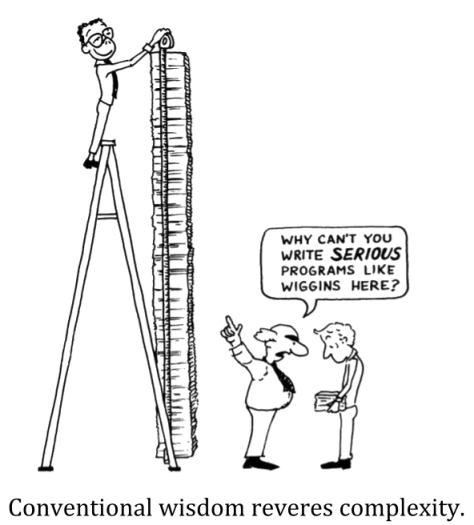Staying safe on the Internet?

A few months ago, an article talked about the hazards of being on the Internet, such as the threats to your privacy and the possibility of having your identity stolen. The article's advice was for people to avoid using websites of smaller, lesser-known companies and organizations that could be more easily compromised. The reasoning was that websites run by large organizations could be trusted more because they have a professional technical staff protecting them.
My tekkie friends and I shake our heads in sadness at this variation of “Conventional wisdom reveres complexity” thinking. We know that a website created and maintained by an artisan who is knowledgable about networking and security matters will be more secure. The challenge has always been how to debunk this lore given that the topic is so technical. Now, I can.
Experienced website developers use software tools that show problems with web pages and apps. One such tool is a HTML Validator. You supply it with the website address and it will report problems it finds. The table shows the number of errors and warnings for several organizations.
| Website | Errors |
|---|---|
| Ed Sawicki | 0 errors/0 warnings |
| Amazon | 109 errors/93 warnings |
| MSNBC | 34+ errors * |
| Fox News | 115 errors/20 warnings |
| Wix ** | hundreds of errors |
* a fatal error stops the report so we don't know how many errors there are
** Wix is the design your own website company, so you too might have a website with hundreds of errors
All sites but one are expected to have a professional staff of highly-trained experts, right? There shouldn't be errors.
There are many errors for the big sites. This is a strong indication that large organizations with large IT budgets do not guarantee your safety on the Internet. Don't tune out smaller organizations because of a false notion of security.